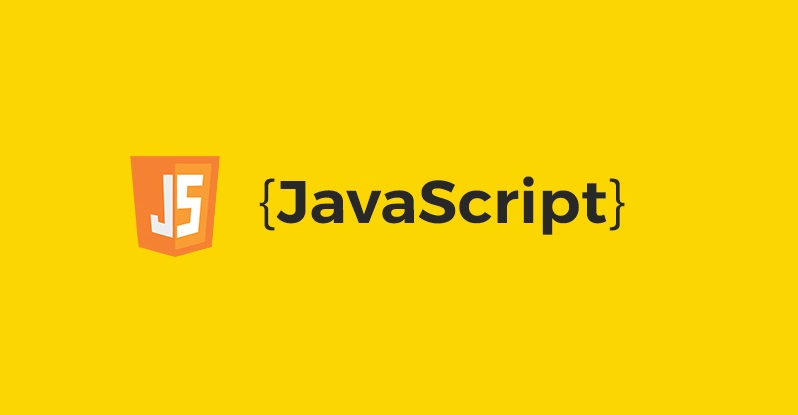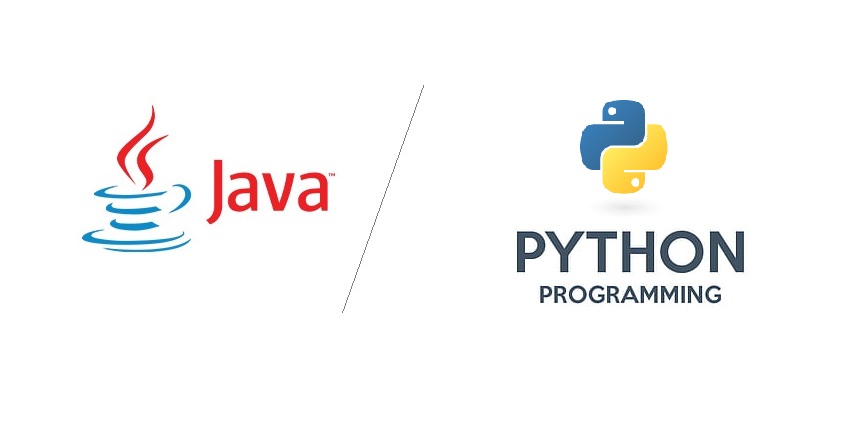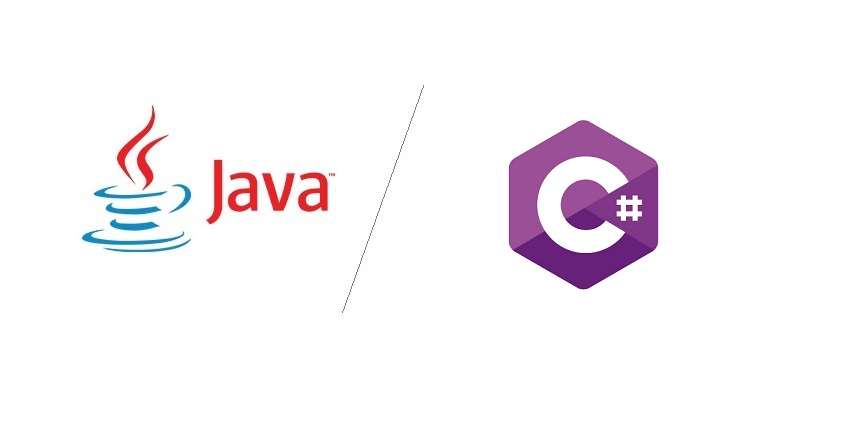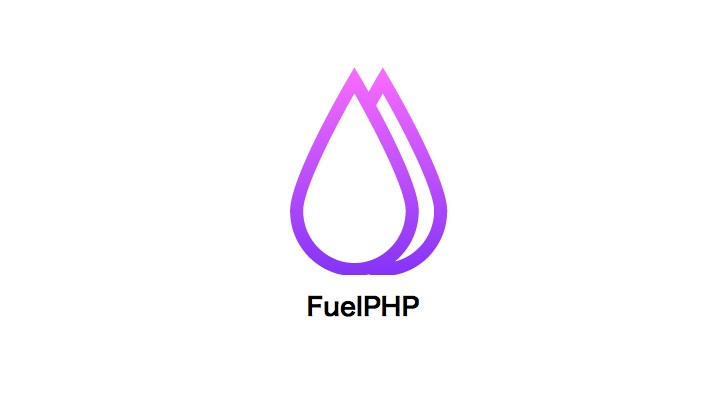The ultimate guide to PHP jobs: tips, trends and career opportunities
Published
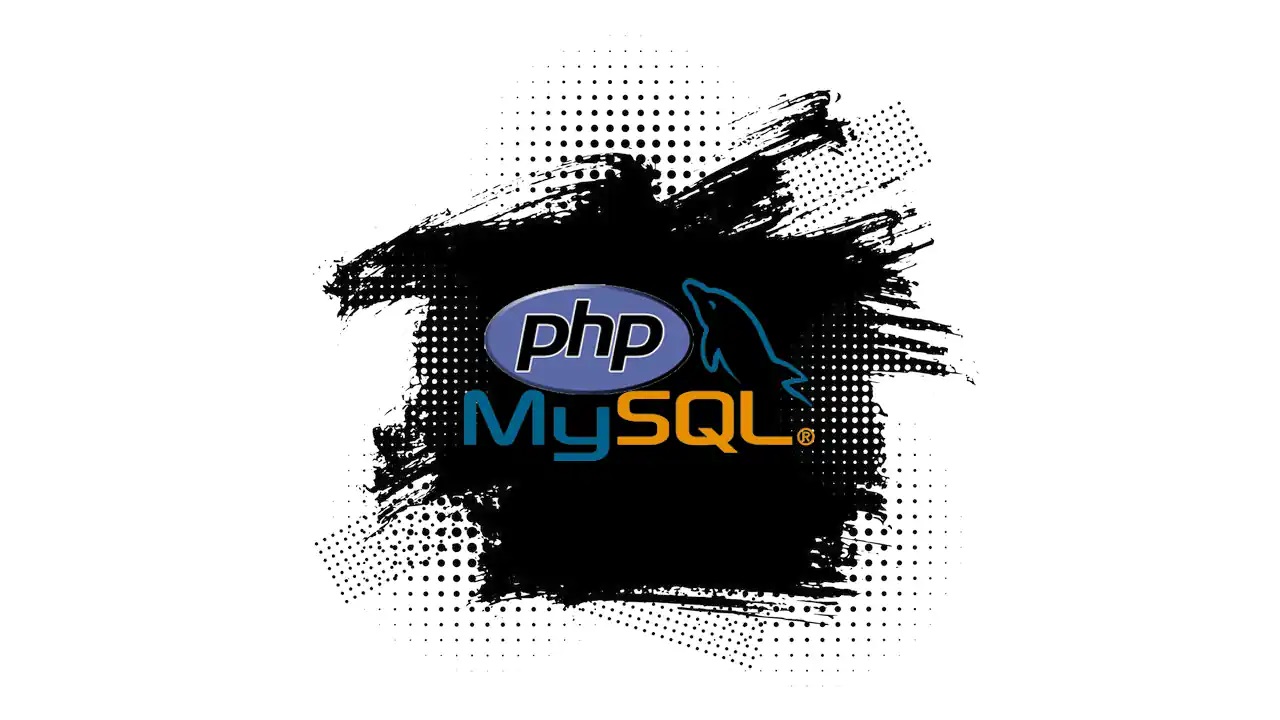
Introduction
PHP is a server-side scripting language primarily used for developing web applications. It was originally developed for creating dynamic websites and has since become one of the most popular programming languages for web development. In this blog, we will look at various aspects of PHP jobs.
If you are looking for a remote/home office PHP job, please click here. However, if you want to refresh your PHP knowledge or even further expand it, we recommend you Skillshare as a learning platform.
- What is PHP? PHP stands for “Hypertext Preprocessor” and is a server-side scripting language primarily used for developing web applications.
- Why is PHP important? PHP is one of the most popular programming languages for web development and is used by many large companies such as Facebook, Wikipedia and Yahoo. It is also an open source technology, meaning it is available for free and supported by a large community.
Types of PHP Jobs
There are different types of PHP jobs offered by companies. Here are some of the most common ones:
- Web Developer: Web developers are responsible for developing web applications. You use PHP to create dynamic web pages that respond to user interactions.
- Software developer: Software developers use PHP to develop applications that can run on various platforms. They can also be used for desktop or mobile application development.
- Backend developer: Backend developer are responsible for developing server applications that store and process data. You use PHP to implement the application's logic.
- Frontend developer: Frontend developer are responsible for developing user interfaces. You use PHP to retrieve data from the server side and display it in the UI.
- Full-Stack-Entwickler: Full stack developers are responsible for developing applications from start to finish. You have knowledge of various technologies and can work on both server and client side.
| Jobtitel | Description |
|---|---|
| PHP developer | Develops and maintains PHP applications and websites. |
| Full-Stack-Entwickler | Develops both frontend and backend parts of web applications using PHP and other technologies. |
| Backend developer | Specializes in developing the backend part of a web application, including server logic, database integration and interface programming. |
| Frontend developer | Focused on designing and developing the user interface of a web application using HTML, CSS and JavaScript. Can also work with PHP for frontend and backend integration. |
| PHP framework developer | Specialized in developing and maintaining PHP frameworks such as Laravel, Symfony, CodeIgniter, etc. |
| Ecommerce developer | Develops and maintains e-commerce websites and applications using PHP and related e-commerce platforms such as Magento, WooCommerce, etc. |
| CMS developer | Specialized in the development of content management systems (CMS) with PHP, such as: WordPress , Drupal , Joomla , etc. |
| System architect | Designs the architecture of PHP-based systems, ensuring they are scalable, secure and efficient. |
| Software Engineer | General term for developers who use PHP and other languages to develop software solutions. |
| web developer | Develops and maintains web applications and websites, often using PHP in conjunction with other technologies such as HTML, CSS, JavaScript, etc. |
Qualifications for PHP Jobs
To get a PHP job, you need certain qualifications. Here are some of the most important ones:
- Programming knowledge: You must have knowledge of PHP and other programming languages to get a PHP job.
- Knowledge of PHP frameworks: PHP frameworks such as Laravel, Symfony and CodeIgniter are very popular and used by many companies. You should have knowledge of at least one of these frameworks.
- Knowledge of databases: PHP is often used with databases such as MySQL and PostgreSQL. You should have knowledge of working with databases.
- Knowledge of web technologies: You should have knowledge of HTML, CSS and JavaScript to develop a complete web application.
- Soft Skills: You should have good communication skills and be able to work in a team.
Where to Find PHP Jobs
There are various places where you can look for PHP jobs. Here are some of the most common ones:
- Job boards: Job boards like Indeed, Monster, and Glassdoor often have a large number of PHP jobs.
- Company websites: Many companies have career pages on their websites where they list open positions.
- Freelance-Plattformen: If you want to work as a freelancer, there are platforms like Upwork and Freelancer where you can search for PHP jobs.
- Networking: Networking is a great way to meet potential employers. Attend industry events and meet other developers.
Tips for applying to PHP jobs
If you are applying for a PHP job, there are some tips that can help you get the job:
- Create a meaningful portfolio: A portfolio is a great way to showcase your work and impress potential employers.
- Tailor your resume to the job description: Make sure your resume meets the requirements of the job description.
- Prepare for the interview: Familiarize yourself with the company and the position and prepare for questions you may be asked.
- Ask questions about the company and the position: Ask questions to make sure the position and company are a good fit for you.
Future of PHP Jobs
PHP remains an important programming language for web development and is expected to continue to play an important role in the future. Here are some of the reasons:
- Growing Demand for Web Applications: With the increasing importance of the Internet, the demand for web applications will continue to increase.
- Development of PHP frameworks: The development of PHP frameworks will help ensure that PHP remains relevant in the future.
- Integration of PHP into new technologies: PHP is being integrated with new technologies such as artificial intelligence and machine learning, which will help it stay relevant well into the future.
Do PHP jobs have a future? Yes, PHP jobs definitely have a future. Although there are always new technologies and languages in web development, PHP remains a widely used and relevant programming language. Here are some reasons why PHP jobs will continue to be in demand:
- Existing Codebase: There is a tremendous amount of PHP code and existing web applications based on PHP. Many companies continue to rely on PHP to maintain, update, and extend their existing applications. This creates a demand for PHP developers who are skilled in maintaining and developing such applications.
- Popular CMS and Frameworks: PHP is the preferred language for popular content management systems (CMS) such as WordPress, Drupal and Joomla. These CMS platforms have a large user base and require continuous development and customization. Additionally, there are a variety of PHP frameworks such as Laravel, Symfony, and CodeIgniter that are used by developers to develop customized web applications. The demand for PHP developers with knowledge in these areas is expected to continue.
- Of course, technologies and languages are constantly evolving, and it is important to keep up to date with new developments and trends. Nevertheless, PHP will continue to play an important role in web development for the foreseeable future and therefore there will be PHP jobs available.
- Easy barrier to entry: PHP has a relatively low barrier to entry and is an accessible language for new developers. The learning curve is often shorter compared to some other languages, which increases developer availability. This contributes to the demand for PHP developers.
- Wide Support and Community: PHP has a large and active developer community that continually provides new libraries, tools, and resources. This makes developing with PHP easier and provides continuous development and support for the language.
Scalability and Performance: Significant performance improvements have been achieved with the introduction of PHP 7 and later versions. PHP applications can now be more efficient and scalable, making them suitable for more demanding projects and large systems.
